News from 2021-06-18 / KfW Development Bank
Ten years of civil war in Syria
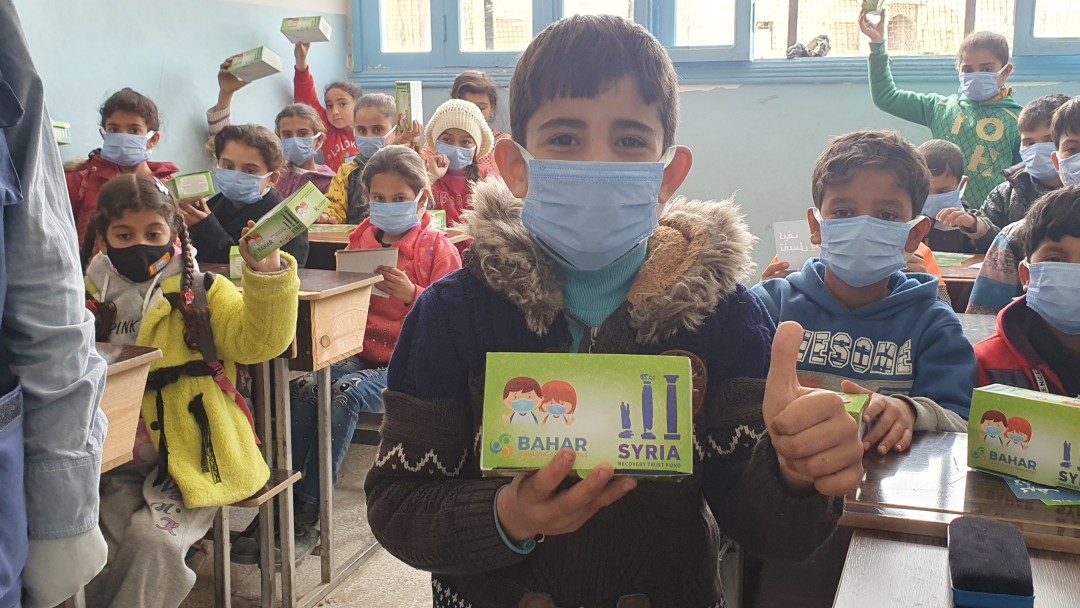
The civil war in Syria has already lasted ten years, with dramatic consequences for the population: an estimated half a million dead, 90 percent of the population living in poverty, half of the population having fled since 2011, either to neighbouring countries, to Europe or to "safe" areas in their own country. Jordan, Lebanon and Turkey have taken in 5 million refugees, and 24 million people in the region in need of aid. Much of the infrastructure has been destroyed - hospitals, roads, electricity and water supplies and many homes. An estimated 63 per cent of the country's territory is once again controlled by Bashar al Assad. In the north or east of the country, areas are in the hands of opposition groups, Turkey and Kurds - how is help possible for the people living there? And how is KfW Development Bank involved?
In September 2013, the Syria Recovery Trust Fund (SRTF) was established on the basis of a contract between the USA, the UAE and Germany as donor states with the National Coalition of Syrian Revolutionary and Opposition Forces as the internationally recognised representative of the Syrian people. In 2014/2015, Denmark, Finland, France, Great Britain, Italy, Japan, Kuwait, the Netherlands and Sweden also paid into the trust fund. KfW Development Bank has been commissioned by the Federal Foreign Office to manage the fund in trust. The fund resources are used to finance the reconstruction of infrastructure in the opposition areas in Syria - water and sanitation supplies, schools, waste disposal, but also supplies of food, medicine and fertiliser. Deliveries to the north-west of Syria are made via the - only still open - Bab al-Hawa border crossing near the Turkish border town of Reyhanli. The north-east can only be supplied via northern Iraq.
The mandate funds for the SRTF provided by Germany and the international donor community since 2013 amount to around EUR 283 million (1st quarter 2021). More than 11 million Syrians (double counts included) have benefited from the projects to the tune of EUR 177 million so far. Local partners are municipalities, UN agencies and non-governmental organisations. The experience of the past seven years shows that the supply situation in the municipalities has improved, but that new challenges are always emerging or becoming more acute. For example, there are currently signs of a severe water shortage in the coming months, which will affect all areas of life.
Examples of the SRTF's involvement
In recent years, the SRTF's areas of intervention have changed to some extent. For example, food supplies are increasingly needed: 10,000 tonnes of wheat will be delivered in June 2021 - preventing shortages of flour supplies in local bakeries. This will ensure bread supplies for 270,000 beneficiaries in Aleppo Governorate over the next six months.
In the desert-rich eastern governorate of Deir Ez-Zor, the reconstruction of health centres, medical equipment, furniture, laboratory consumables, operating costs and the salaries of technical and administrative staff will be funded. The clinics provide maternity wards, general medicine, a blood bank, but also psychological support.
And: COVID-19 has a significant impact on all people and their access to vital services, including access to schools. For example, 62,000 masks are being distributed and campaigns on protection measures are being carried out.
In Aleppo Governorate, one of the items delivered included an oxygen generator and 50 oxygen cylinders. The generator and 50 cylinders are being installed and commissioned to produce, distribute and store much-needed oxygen and ensure its availability to all patients in the SRTF-supported COVID-19 hospital.
"The situation in the partly destroyed cities is difficult," says Tatjana Bruns, who is responsible for the SRTF at KfW Development Bank. "Many people are traumatised and weak. They are dependent on food aid and medical care and other assistance. For internal migrants in particular, there is limited access to education, and there is virtually no regular income at all."
In addition, KfW Development Bank, like many other donors, is also committed to helping refugees in Lebanon, Jordan and Turkey - both in camps and in host communities. There, it primarily finances food, medical aid, water and sanitation, and schooling for children.

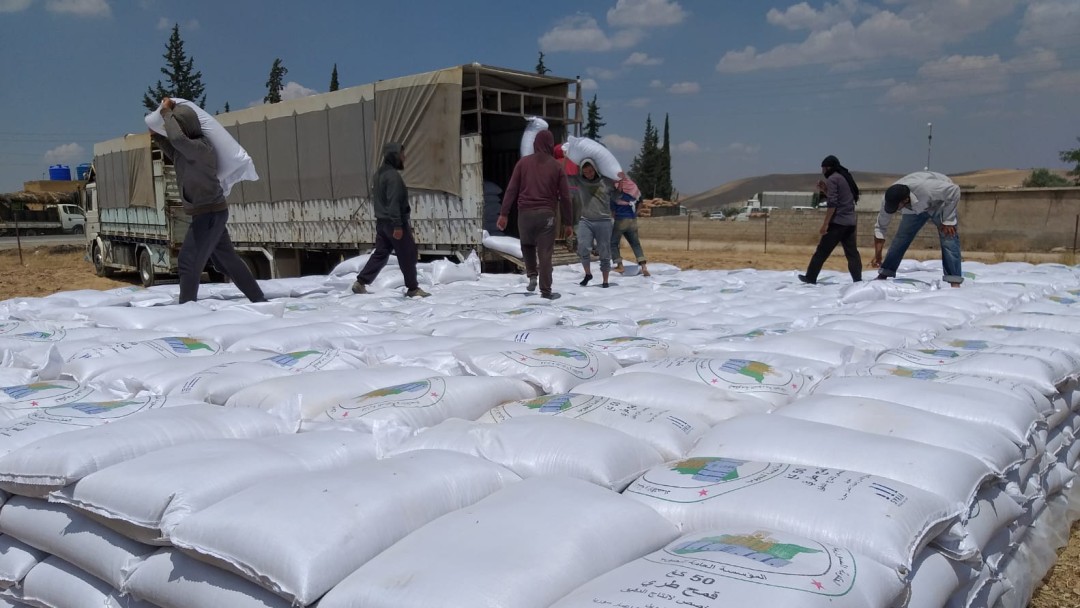
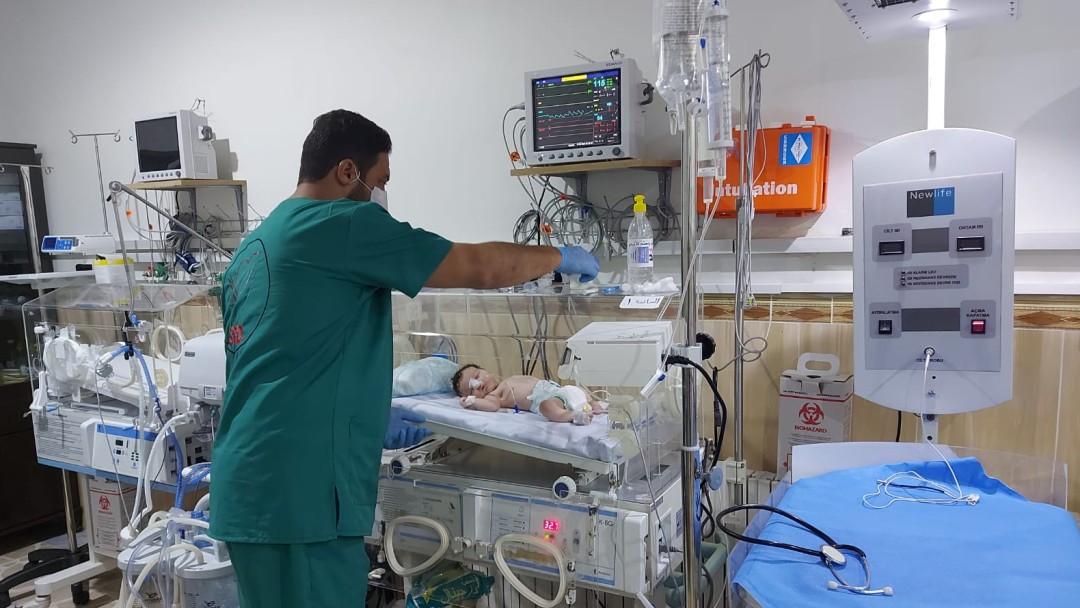
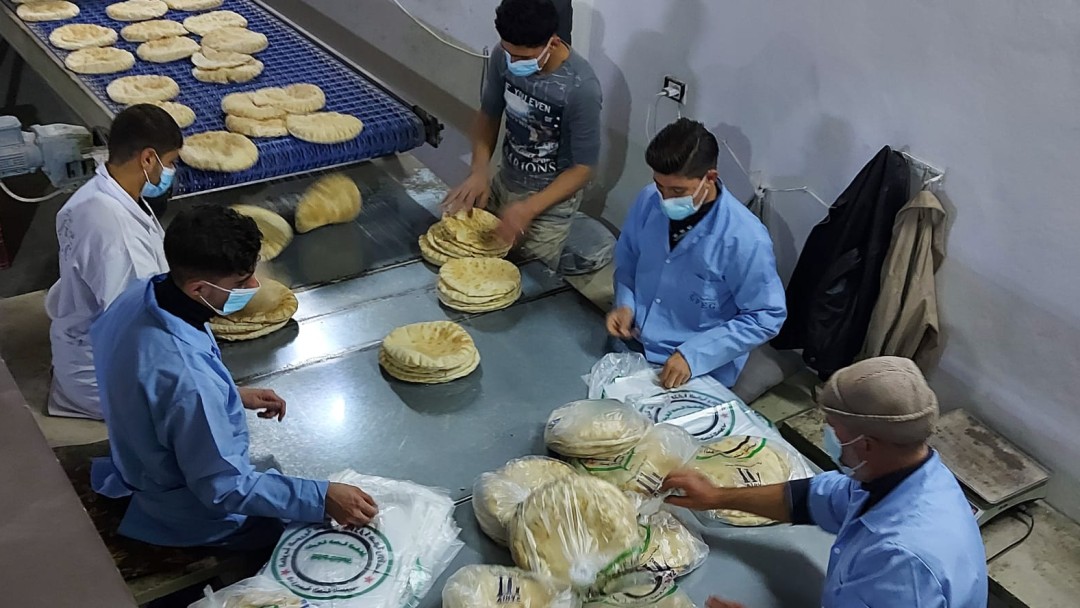
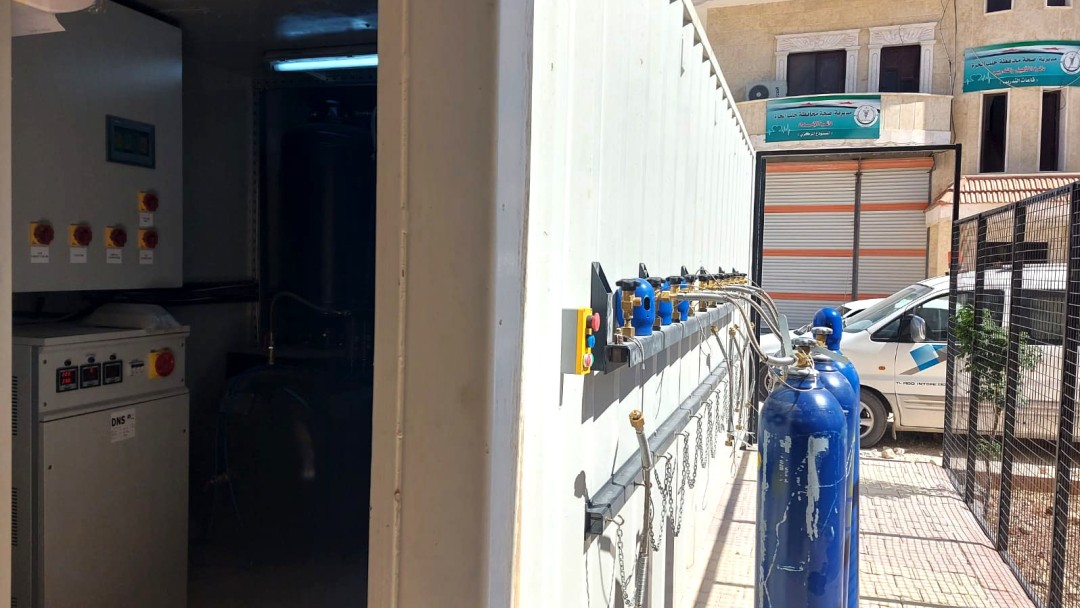
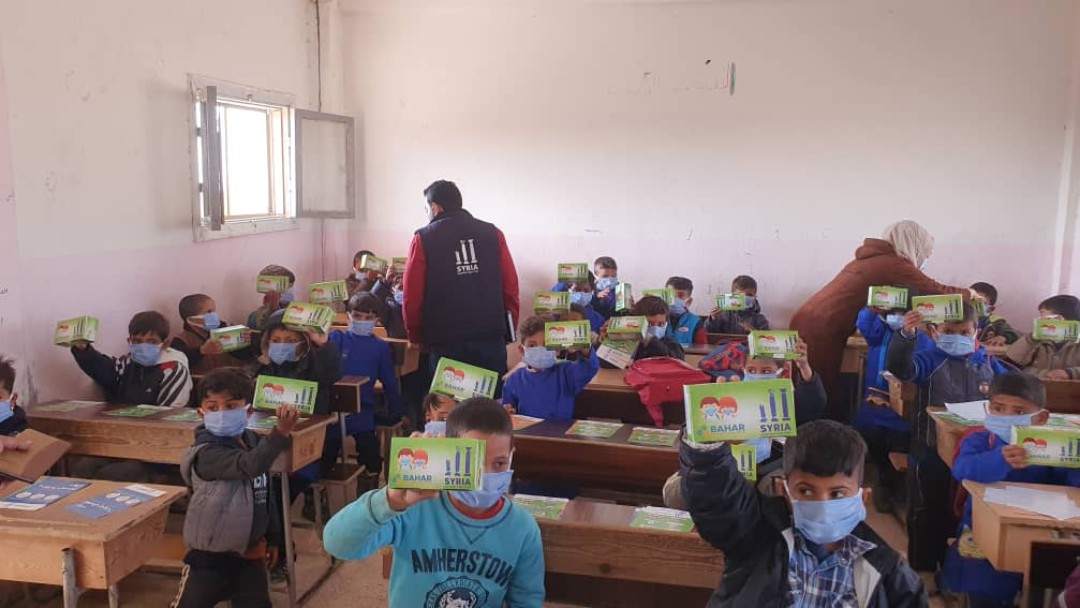
Share page
To share the content of this page with your network, click on one of the icons below.
Note on data protection: When you share content, your personal data is transferred to the selected network.
Data protection
Alternatively, you can also copy the short link: https://www.kfw-entwicklungsbank.de/s/enzBWrMC.CgiA
Copy link Link copied